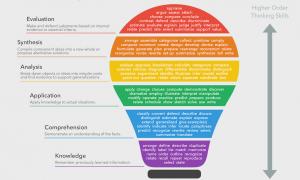 A company found Jane’s resume online and contacted her, offering a pathway to the career she coveted.
A company found Jane’s resume online and contacted her, offering a pathway to the career she coveted.
Jane went to the company’s local office. The “counselor” asked for $4,500 up front to help her tweak her resume and get access to unpublished job openings.
Jane left. Smart Jane.
I repeatedly hear from job hunters, many of them professionals seeking high-powered positions, who — too late — regret paying big money up front to an organization that promised access to the “hidden” job market.
Their egos had been massaged, and their wallets had been drained. In return, they got little more job-search assistance than what they could have done on their own.
Legitimate headhunters — who are paid by employers to submit qualified candidates for consideration — do not ask job hunters to pay for their services.
Repeat: You shouldn’t be asked to pay to find a job.








